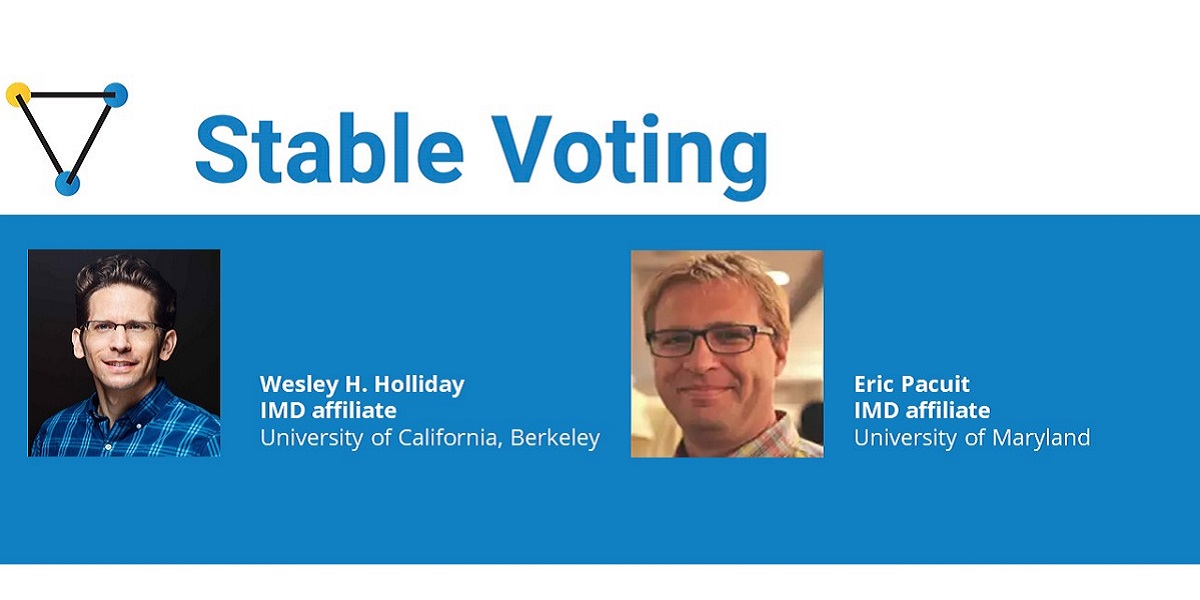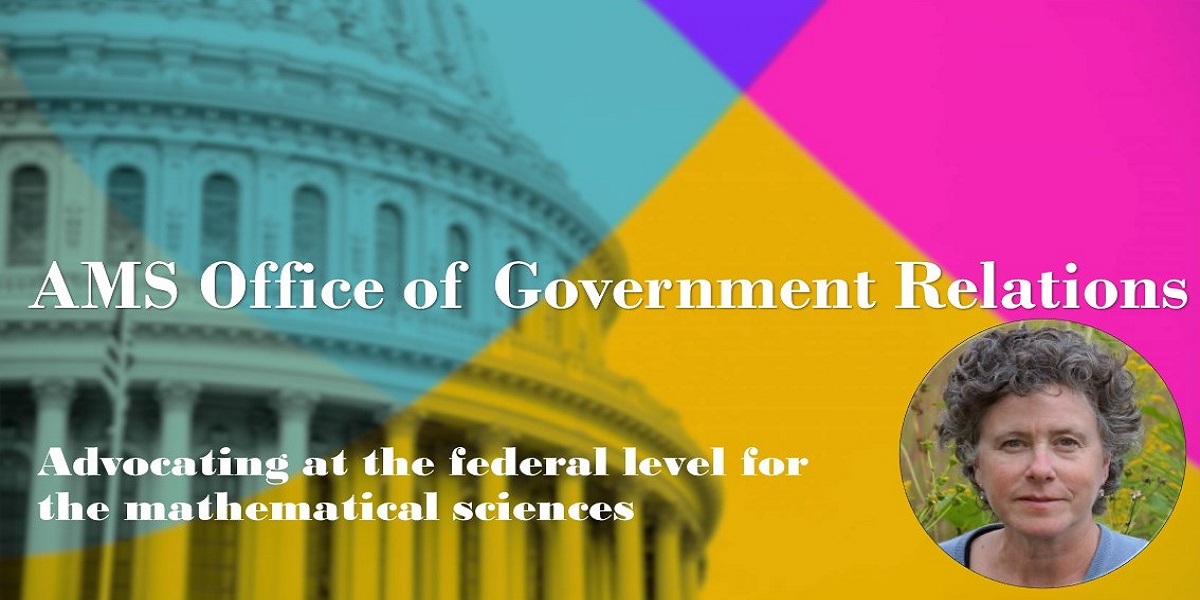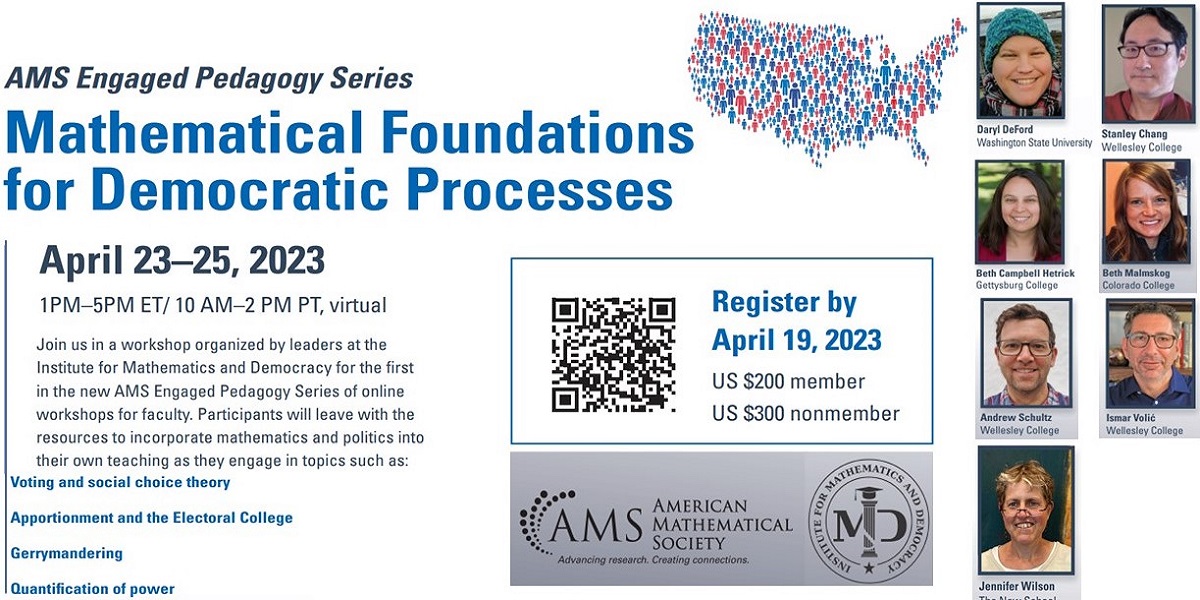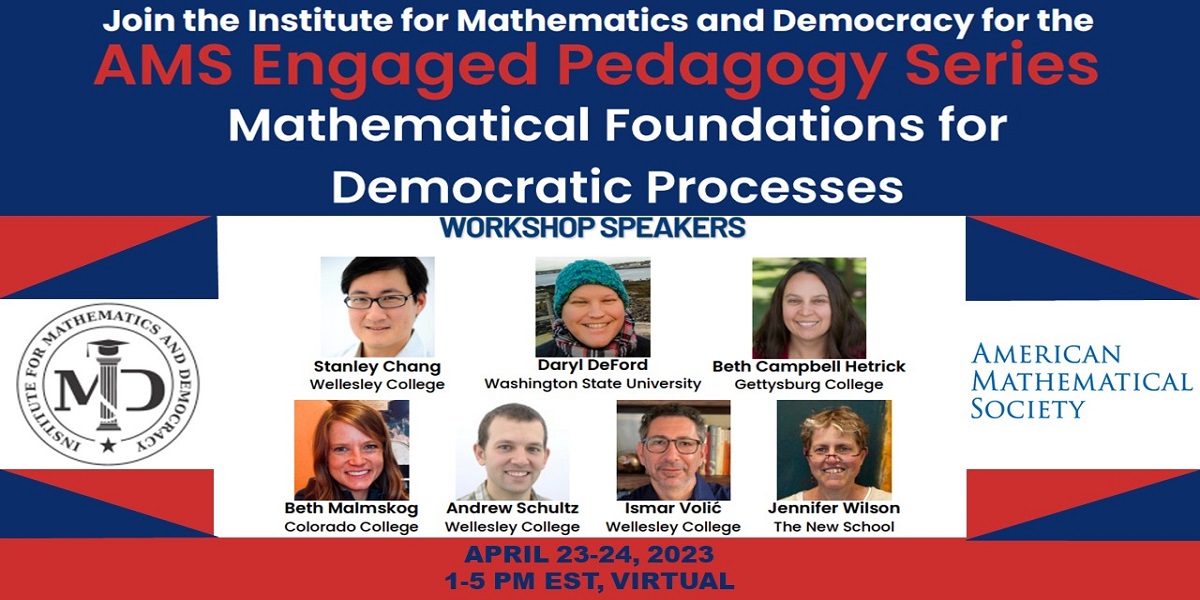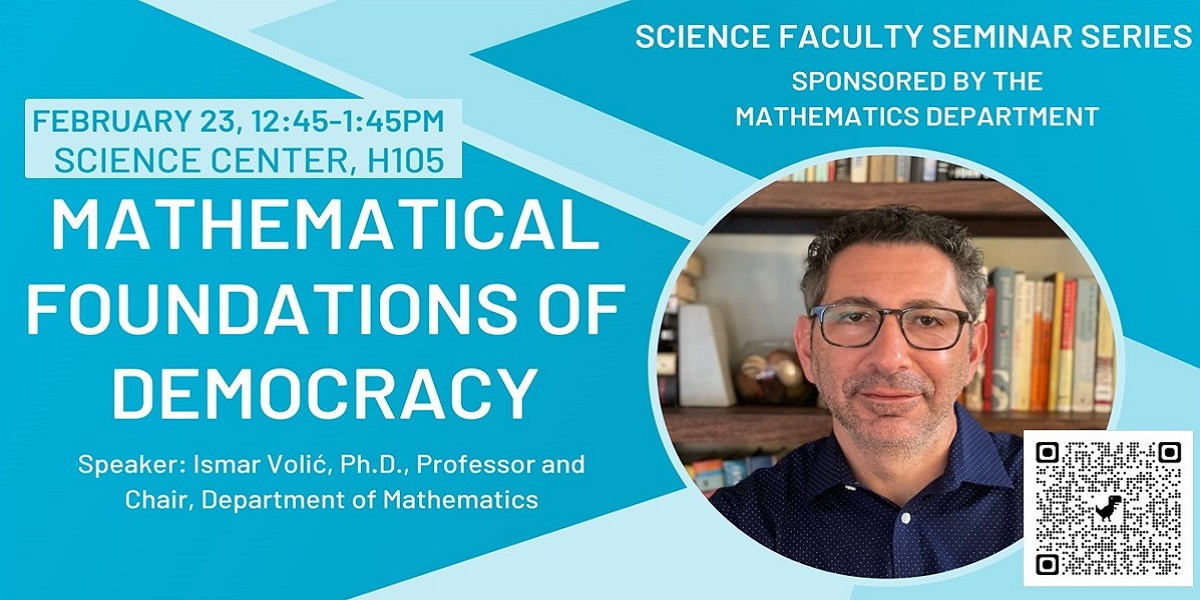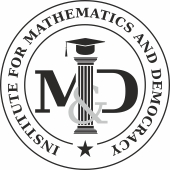Mathematics appears in scores of political contexts that college students, high-schoolers, and even younger students can understand. Subjects like voting, apportionment, and gerrymandering are accessible and perfect for transdisciplinary learning since they occupy a unique place in the intersection of mathematics, statistics, computer science, political science, economics, and history. These topics have unparalleled import on democracy while being conspicuously absent from our schools.
One of IMD’s goals is to remedy this problem. We develop curricula, train teachers, and create teaching modules that foster both political quantitative literacy and the understanding of how mathematics governs many democratic processes.
Contact us to learn how IMD can bring topics like these to your classroom:
- Mathematics of the Electoral College
- Voting – plurality, ranked choice, cardinal and other methods
- Apportionment
- Impossibility theorems
- Gerrymandering – efficiency gap and compactness scores
- Quantification of power
- Game theory – conflict, bargaining, and negotiation
- Number theory of cryptography and its regulation
- Graph theory of networks and voter manipulation
- Statistics in politics
IMD Affiliates Introduce New Voting Method
IMD affiliates Wesley Holliday from UC Berkeley and Eric Pacuit from University of Maryland have…
IMD/AMS Workshop Recap
On April 23-25, IMD partnered with the AMS to host a workshop on the Mathematical Foundations…
AMS Office of Government Relations Opportunities
The AMS Office of Government Relations (OGR) is an organization that advocates for mathematicians at the…
AMS Engaged Pedagogy Series – Mathematical Foundations for Democratic Processes
On April 23-25, 2023 from 1-5 pm EST, IMD is hosting a workshop on the…
Speakers for AMS/IMD Engaged Pedagogy Workshop
On April 23-25, 2023 IMD is running a workshop on Mathematical Foundations of Democracy as…
IMD Director’s Science Center Faculty Seminar
IMD Co-Director Ismar Volić will be speaking about the "Mathematical Foundations of Democracy" for Wellesley's…


